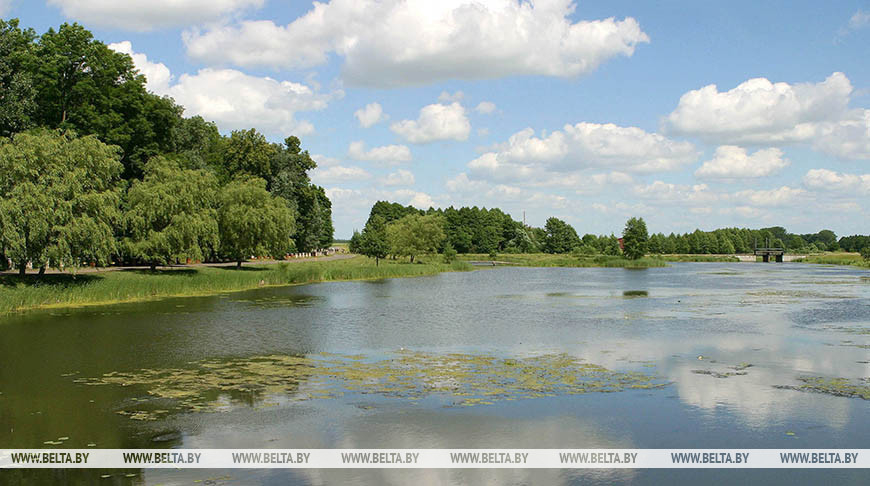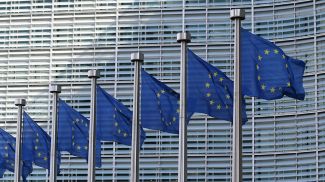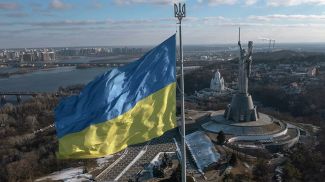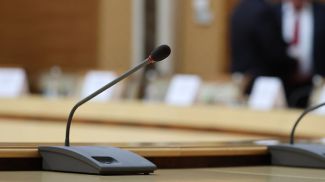
MINSK, 12 August (BelTA) - Belarus has achieved a nearly sevenfold reduction in the discharge of insufficiently treated wastewater over the past two decades, Belarusian Deputy Minister of Natural Resources and Environmental Protection Ivan Prikhodko said at a press conference, BelTA has learned.
“Our state is committed to sustainable development, ensuring economic growth without harming the environment or public health. This principle is embedded in our national policy, which balances economic progress with environmental protection. Belarus ranks first in environmental performance among Eurasian Economic Union countries and 32nd globally out of 180 nations in the Environmental Performance Index. We are recognized as a low-pollution country, thanks to our industries adopting energy-efficient technologies, waste reduction and recycling measures, and greater use of renewable energy sources. The numbers speak for themselves,” Ivan Prikhodko said.
Key achievements include a sevenfold decrease in poorly treated wastewater entering surface water bodies and a 25% reduction in freshwater usage over the last 20 years. Municipal solid waste recycling rates have risen by 1.6 times, while protected natural areas have expanded by over 31,000 hectares, now covering 9.2% of the country’s territory.
“Air quality monitoring consistently shows favorable results, and Belarus is a global leader in preserving biodiversity and landscapes. Our decades-long environmental policies have not only mitigated the ecological impact of economic activities but also driven measurable improvements in environmental conditions. This success stems from deliberate, long-term efforts in conservation and sustainable development,” the deputy minister added.
“Our state is committed to sustainable development, ensuring economic growth without harming the environment or public health. This principle is embedded in our national policy, which balances economic progress with environmental protection. Belarus ranks first in environmental performance among Eurasian Economic Union countries and 32nd globally out of 180 nations in the Environmental Performance Index. We are recognized as a low-pollution country, thanks to our industries adopting energy-efficient technologies, waste reduction and recycling measures, and greater use of renewable energy sources. The numbers speak for themselves,” Ivan Prikhodko said.
Key achievements include a sevenfold decrease in poorly treated wastewater entering surface water bodies and a 25% reduction in freshwater usage over the last 20 years. Municipal solid waste recycling rates have risen by 1.6 times, while protected natural areas have expanded by over 31,000 hectares, now covering 9.2% of the country’s territory.
“Air quality monitoring consistently shows favorable results, and Belarus is a global leader in preserving biodiversity and landscapes. Our decades-long environmental policies have not only mitigated the ecological impact of economic activities but also driven measurable improvements in environmental conditions. This success stems from deliberate, long-term efforts in conservation and sustainable development,” the deputy minister added.













